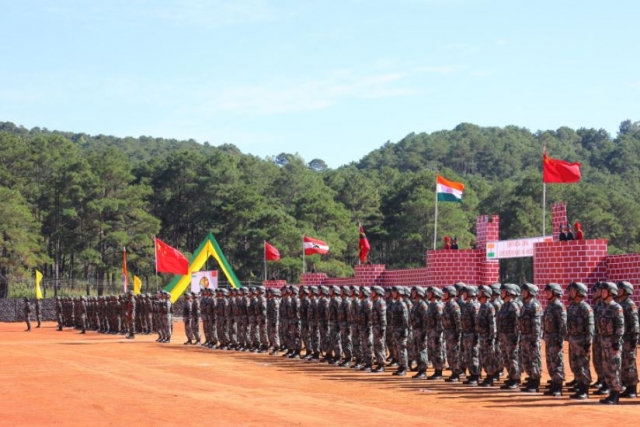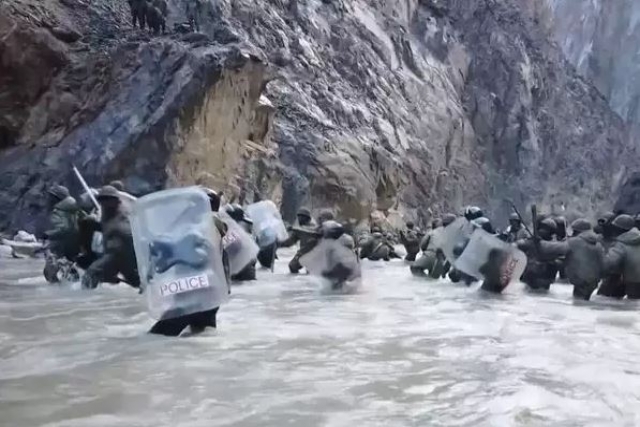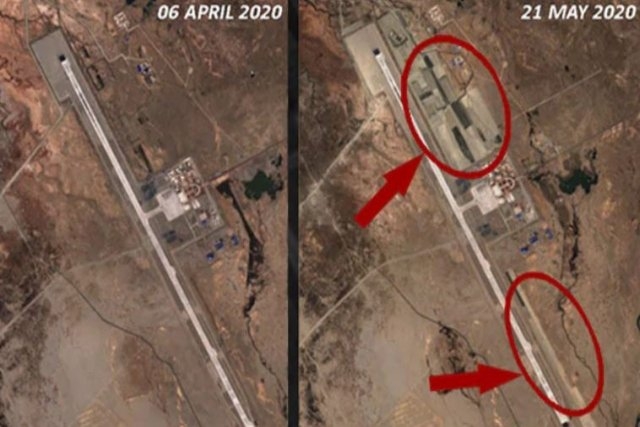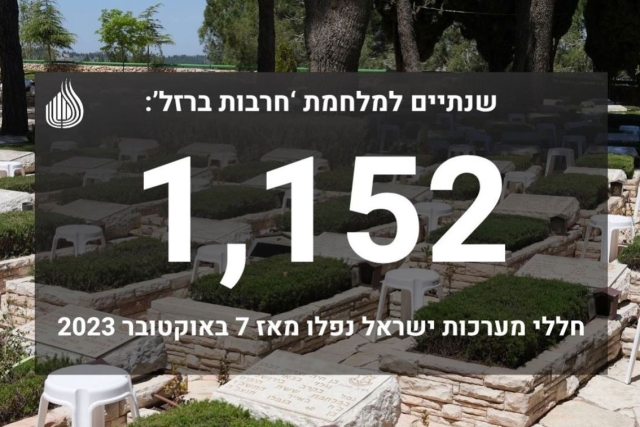Conflict Areas Stay in Limbo as 13th Indo-China Military Talks Fail

The 13th round of corps commander-level talks between India and China on the confrontation in eastern Ladakh has failed, with both sides blaming each other of not providing mutually beneficial proposals.
Indo-Chinese Conflict
China and India have been engaged in a border confrontation in the western section of the two countries border since May 2020, highlighted by a clash in the Galwan Valley in June 2020, leading to 20 deaths on the Indian side and four on the Chinese side. After many rounds of military and diplomatic talks over the past year to resolve the issue, some periodical achievements were reached, including the disengagement in locations like the Pangong Tso. A full disengagement is yet to be realized.
Sunday’s meeting took place over two months after the last round of negotiations that resulted in the disengagement of troops from Gogra (Patrol Point-17A). The resolution in Gogra had marked both sides backing down in four of the six flashpoints - the others being Galwan and North and South banks of the Pangong Lake. The standoffs in Depsang and Hot Springs continue. Each side reportedly has around 50,000 troops along the Line of Actual Control (LAC).
Indian and Chinese troops were engaged in a brief face-off near Yangtse in the Tawang sector of Arunachal Pradesh around 10 days ago and it was resolved within a few hours following talks between commanders of the two sides as per established protocols. On August 30, nearly 100 People's Liberation Army (PLA) soldiers reportedly transgressed the LAC in Uttarakhand’s Barahoti sector and returned from the area after spending a few hours.
Expectations from 13th Round of Sino-Indian Military Talks and Results
The latest round of talks over the 17-month standoff in Ladakh was held in Moldo-Chushul border meeting point on Sunday morning around 10.30 am. It ended around 7 in the evening. Ahead of the meeting, there were expectations that the two sides could at least agree to completing the stalled troop disengagement at Patrol Point-15 (PP-15) in the larger Hot Springs-Gogra-Kongka La area in a phased manner.
In a statement released on Monday, the Chinese PLA Western Theater Command accused India of making “unreasonable and unrealistic demands, adding difficulties to the negotiations.”
Eyeing the overall situation in the China-India relations and the relations between the two countries' militaries, China has made tremendous efforts to ease and cool down the border situation and fully demonstrated its sincerity, said Senior Colonel Long Shaohua in the statement. “Instead of misjudging the situation, the Indian side should cherish the hard-earned situation in the border areas.”
During the talks, China and India discussed further troop disengagement in the region, but as the Chinese statement suggests, India attempted to push China to make concessions to only India's favor, which is inappropriate from China's consideration of safeguarding sovereignty, territorial integrity and security, Qian Feng, director of the research department at the National Strategy Institute at Tsinghua University, told the Global Times on Monday.
If India ignores China's stance displayed in the latest talks, continues or even aggravates its aggressions without changing itself, the possibility of another accident or conflict could arise, Qian added.
“India has been conspiring to seize territories along the border, and it likely demanded for Chinese territories or unreasonable troop deployment along the LAC. It's a very aggressive move and compared with China's attempts to reach mutual accommodation, India is totally against the practical needs of both sides to manage difference,” Song Zhongping, another Chinese military expert, claimed.
India also indicated the talks had failed and released its statement on Monday morning which said that the meeting “did not result in resolution of the remaining areas.” The Indian side claimed that the situation along the LAC had been caused by China’s “unilateral attempts to alter the status quo and in violation of the bilateral agreements.”
"During the meeting, the Indian side [...] made constructive suggestions for resolving the remaining areas but the Chinese side was not agreeable and also could not provide any forward-looking proposals. The meeting thus did not result in resolution of the remaining areas," an Army statement said.
"The two sides have agreed to maintain communications and also to maintain stability on the ground. It is our expectation that the Chinese side will take into account the overall perspective of bilateral relations and will work towards early resolution of the remaining issues while fully abiding by bilateral agreements and protocols," it added.












